Why ‘black faces in white landscapes’ is still a problem for some of Sheffield’s communities
and live on Freeview channel 276
Black Lives Matter protests all over the world have brought attention to the issue of equality, leading to some organisations pledging to reevaluate their methods.
It is a welcome idea to environmental experts who have been working to try and increase representation of black and ethnic minority individuals in the outdoors over the years, however, many say it is not an easy task, as there are many factors involved.
Advertisement
Hide AdAdvertisement
Hide AdMaxwell Ayamba, of Sheffield Environmental Movement, said: “Black faces in white landscapes are seen to be something new – but this is not true.
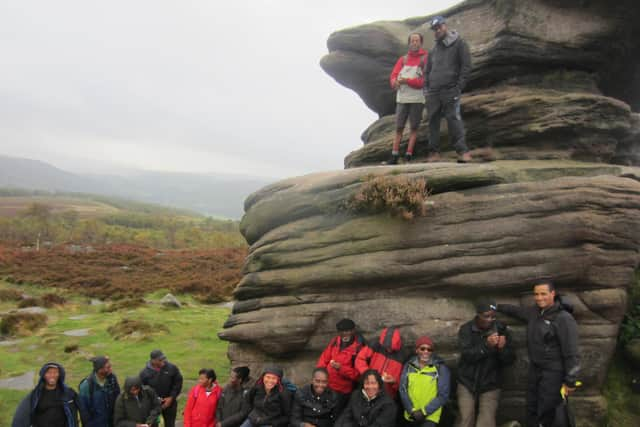

“There were black people in Britain during the Roman Empire and Tudor times. Black people worked in country houses, many sustained by wealth generated through slavery and now owned by the National Trust.”
In 2015, Maxwell took 23 black people to Fort William, Scotland, to climb Ben Nevis and the mountain guide there told him that it was ‘the first time they had seen so many black people come to Fort William’.
Maxwell is aware that the walking group - now called Sheffield Walk for Health Group to be more inclusive - might appear political.
Advertisement
Hide AdAdvertisement
Hide AdHe said: “The British countryside remains a contested landscape, and seeing black faces there is regarded as an invasion of rural space.”
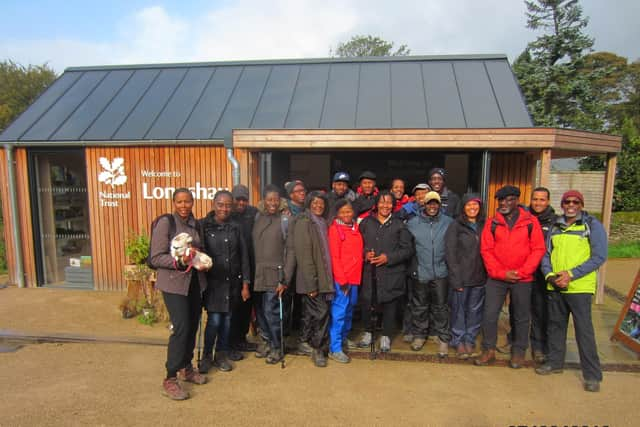

Maxwell told how the outdoors primarily targets a white, middle-class audience, leading to the exclusion and marginalisation of BAMER communities and a lack of BAMER role models in the sector.
He explained: “There are many barriers. Government policy is typically tokenistic and reactionary rather than proactive and sustainable.
“There are no baseline measures to assess the current involvement of ethnic groups in the outdoors, nor sufficient training opportunities to empower BAMER people to gain relevant skills and take up environmental jobs and volunteering opportunities.
Advertisement
Hide AdAdvertisement
Hide Ad“This has resulted in the absence of BAMER groups in the outdoors sector.”
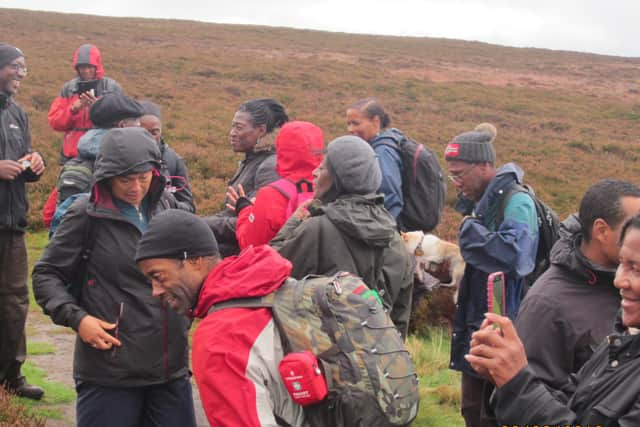

Research shows that a lack of engagement with the natural environment negatively affects health, social inclusion and educational attainment.
Maxwell said: “BAMER people disproportionately live in deprived areas with poor environmental quality and are preoccupied by daily survival.
“This has led to a gap in knowledge about ecology, archaeology and cultural and historical landscapes in the UK.”
Advertisement
Hide AdAdvertisement
Hide AdThe academic and environmental journalist believes Sheffield Environmental Movement - which was set up in 2016 - has helped many individuals from a black or ethnic minority background reconnect with nature.
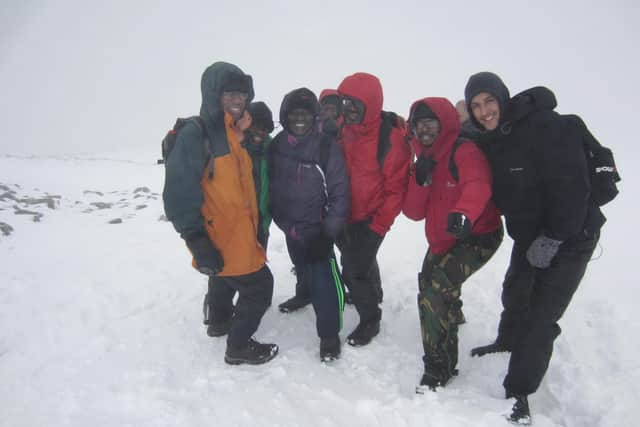

Maxwell took a group of women – some from the Windrush generation - to the Great Yorkshire Show in Harrogate last year.
The women, many of whom come from a culture enriched by nature, had struggled to participate in outdoor activities in the UK before they were involved with Maxwell’s walking group.
Sheffield Environmental Movement has now allowed them to relive experiences of being back with nature and they were appreciative of being able to attend an event such as the Great Yorkshire Show.
Advertisement
Hide AdAdvertisement
Hide AdThe work of the charity and other similar organisations have worked hard in an attempt to make the environment more accessible to everyone.
“But no sustainable mechanisms have been found to promote popular participation of ethnic minorities in environmental and sustainability initiatives,” Maxwell said.
He told how funding was always a challenge but suggested that a lot of action needs to be taken by various groups in order for real change to happen.
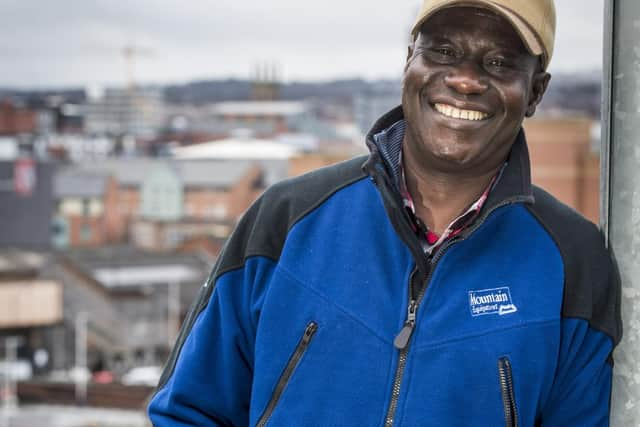

Maxwell explained: “There is a lack of knowledge among environmental organisations on how to provide ‘culturally sensitive’ environmental services.
Advertisement
Hide AdAdvertisement
Hide Ad“These services must be tailored to the diverse communities who often fail to participate in the outdoors on the basis of a lack of trust and a fear of experiencing racism.
“This is especially challenging for BAMER women, with particular consequences for their health and wellbeing.
“The mainstream media also fails to promote positive messages of BAMER in the outdoors to motivate and inspire BAMER communities to feel engaged and connected to the environmental agenda.”
He believes a large part of trying to address issues comes from the narratives.
Advertisement
Hide AdAdvertisement
Hide AdMaxwell said: “We need more stories of BAMER people’s contributions to the countryside and about the colonial history behind them.
“We need to unpick the ‘informal social control’ undermining BAMER belonging in the outdoors.
“The government must support environmental organisations and white rural communities to fashion new, inclusive narratives.”
He added: “We also need to promote environmental events more effectively within BAMER communities, to market environmental organisations as open and friendly - not 'white organisations'”.
To find out more about SEM, see: www.semcharity.org.uk